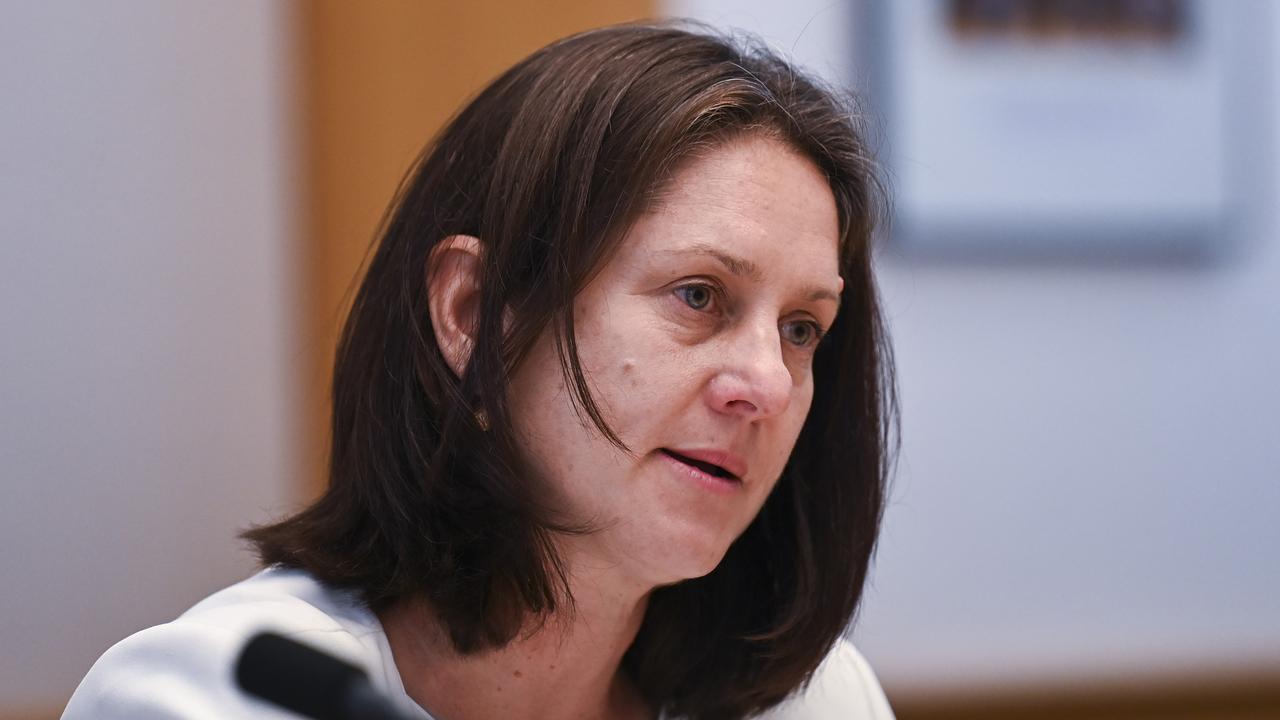[ad_1] More university-educated people are falling victims to slavery schemes offering well-paid jobs in Thailand where they are taken and forced to
[ad_1]
More university-educated people are falling victims to slavery schemes offering well-paid jobs in Thailand where they are taken and forced to work long hours in online scam centres, and encouraged to use dating apps for transnational crime, a government inquiry has heard.
Australia’s Ambassador to Counter Modern Slavery, People Smuggling and Human Trafficking, Lyn Bell, raised serious concerns about a growing human trafficking scam operating in South-East Asia.
“In our region, and in particular South East Asia, the real focus there is on these online scam centres – and the changing nature of people who end up being trafficked,” Ms Bell said.
“I think that certainly in Australia we are very focused on this domestically, and we are working very closely together with other agencies to combat this problem.”
A report issued in late August by the UN Human Rights Office said “hundreds of thousands” of people were being coerced and trapped through online scams run by criminal gangs in the Asia-Pacific.
The report estimated at least 120,000 people across Myanmar and around 100,000 in Cambodia may be forcibly trapped, with other active scam operations in Laos, the Philippines and Thailand.
Victims are often lured through job advertisements offering high salaries and paid m, which they are then flown over and forced to work in converted call centres and commit crimes ranging from crypto fraud to online gambling.
One case, reported in April, saw human traffickers jailed in Indonesia after forcing migrant workers to create fake dating app profiles to target wealthy, older people in countries such as Australia to invest in cryptocurrency.
According to Ms Bell, more than fifty per cent of victims of modern slavery globally are women or girls, with a growing number of victims having tertiary qualifications.
She said the government was working to establish an antislavery commissioner in Australia and is looking to reform its Modern Slavery Act, which was introduced in 2018.
“I don’t take lightly that it’s not just a statistic, but that’s an actual experience, often experienced by women and girls,” she said.
“I think the changing nature of support that is needed and different profiles of people who may end up being victims is high in our consciousness and we are really doing our best to make sure that the voices of victims survivors are heard.”
Ms Bell said she has continued to raise concerns with the Chinese government about human rights violations, including in Tibet and Xinjiang.
“There is certainly a strong awareness and a strong commitment by the Australian Government to work in this area, and to remain well connected in our region, and more broadly, globally, on these issues,” she said.
[ad_2]
Source link



COMMENTS